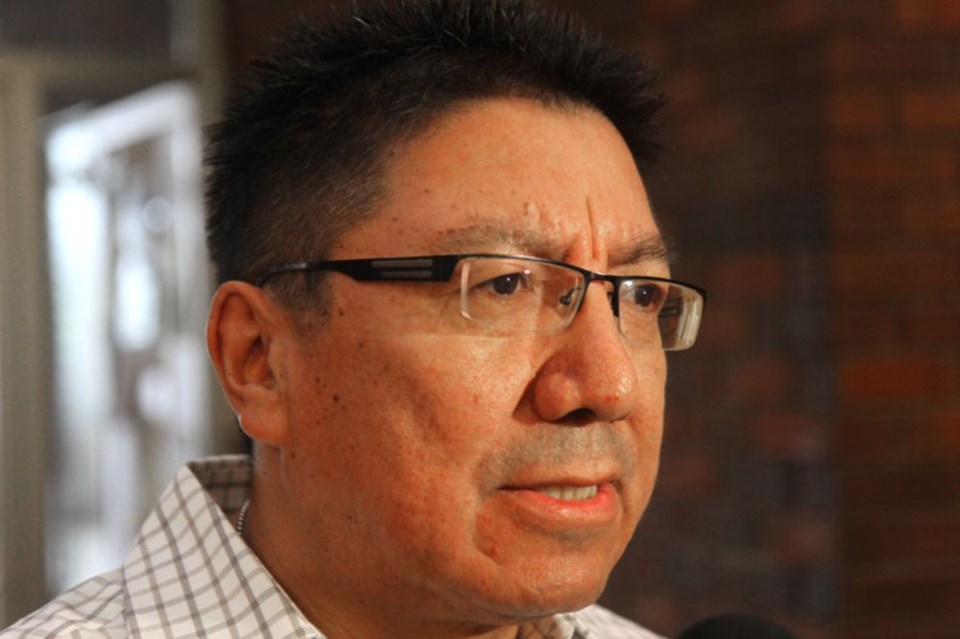Last year's death of a five-year-old boy from strep throat in Sandy Lake First Nation has ignited a debate on the way Ontario addresses youth death in remote First Nations.
Nishnawbe-Aski Nation Grand Chief Alvin Fiddler suspects Brody Meekis' May 2014 death from a treatable illness was preventable but no coroner was available to confirm nor offer recommendations for the future. He called for a coroner to be present after every death of a youth in First Nations.
"That's their job is to attend that scene, no matter where it is in Ontario," Fiddler said.
"We have to establish some clear protocols with the communities on how they plan on doing their jobs. We know there are some deaths that are just unexplained or special circumstances, like Brody, for example."
While the practice isn't against the law, Fiddler called it "wrong on so many levels" that coroners are delegating responsibilities to police officers or physicians on scene.
An Auditor General report released earlier this year condemned Health Canada for not providing health-care access for those living in remote First Nations that is comparable to those living in similar settler communities.
The report also challenged nurses in those communities were untrained and unsupported in performing duties beyond their legislated scope of practice.
On top of that, Fiddler added, putting the coroner's responsibility on Nishnawbe Aski Police Services officers who are already overworked and understaffed is inappropriate.
Fiddler said it's long-past time to implement a 2008 report written by Justice Stephen Goudge, in which he advises coroner non-attendance in remote communities ought to be exceptional -- not normal -- circumstances.
"I think the ministry that is responsible for the delivery of these services has to look at the recommendation that Goudge called for seven years ago and for the chief coroner to work with First nations closely to develop a course of action to finally implement these findings from Goudge."
Michael Wilson became Northwestern Ontario's regional supervising coroner two years after the Goudge report was released. Despite his best efforts, he has traveled to between 15 and 20 of NAN's remote communities over that time.
He couldn't speculate how much more resources his office would need would to appear in every situation as NAN is requesting.
"For it to be able to happen in the way it's being put forward, it's resources beyond anything I can conceive of," he said.
"But that's not to say there aren't improvements needed to how things are being done."
Wilson and Fiddler agree the regional coroner's office has made strides in communicating with both remote First Nation chiefs and the families of youth over the last five years. Connections between the coroner's office and the police have also improved.
While Wilson conceded those investigations would benefit from having coroners present, he still doesn't think the benefits would outweigh the cost.
"There has not been a shortage of reasonable effort put into this," he said.
"The question as to whether the recommendations that Goudge put forward can be implemented as expected is still an open question."
